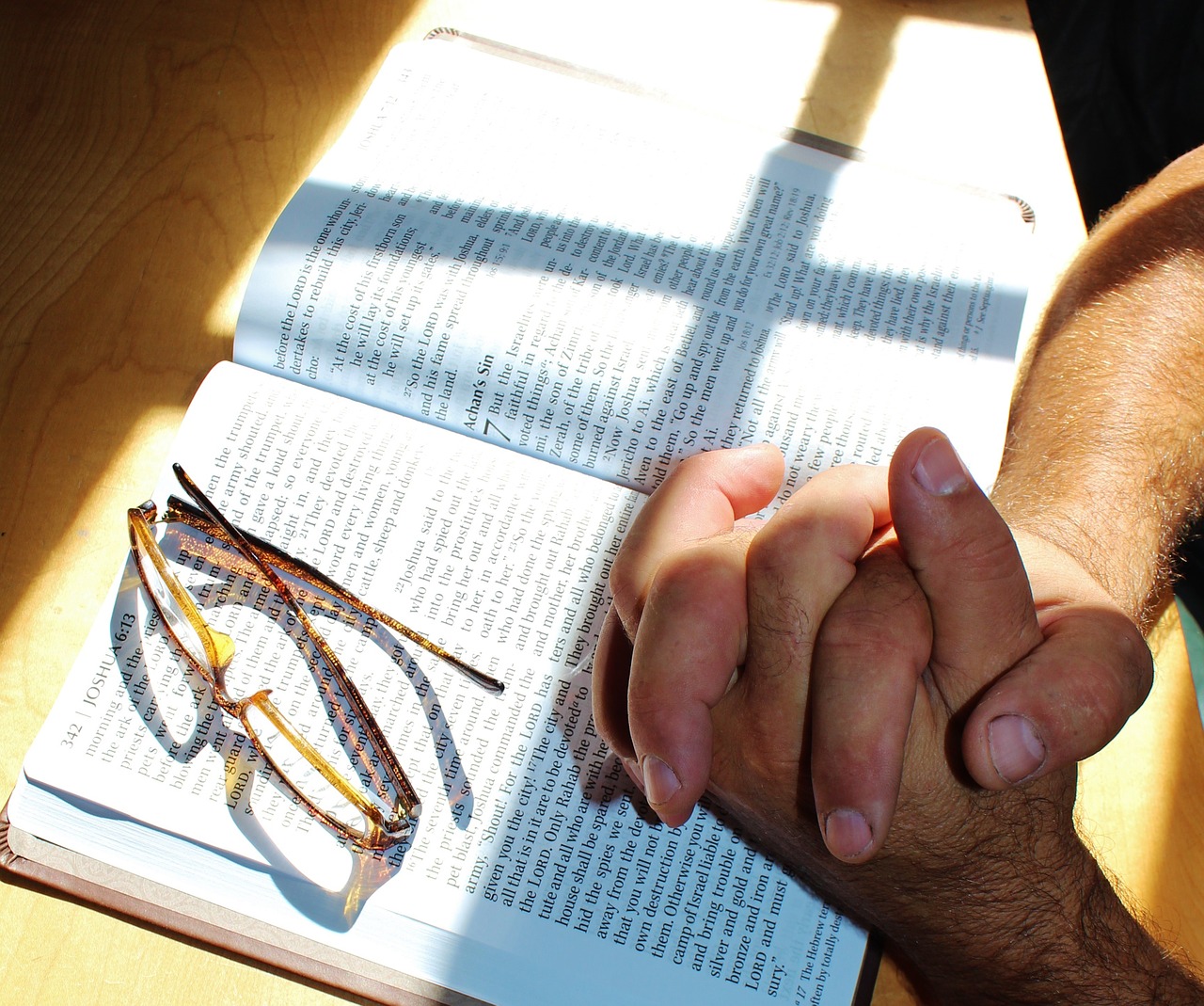
Many of us have felt adrift in these days of quarantine, and work from home. The rhythms of our lives are upset. We try to give lectures, or write while supervising children’s school work or letting out the dog. We follow health warnings, infection statistics, and the endless public debates reflected in the news and our social media. We often lack the ability to get into labs or access other resources needed for research. We wonder how long this will go on, and whether it will be safe for us and our students if schools open in the fall. We wonder how our institutions will survive if they do not.
Reports we hear are that scholars are discovering a renewed urgency for prayer. Some of the ways we are discovering this:
We are learning how prayer can frame and fill our days. For some of it, is praying the hours at least when we rise, perhaps at lunch and dinner, and as we go to bed. Before we turn to our news feeds, or the day’s work, we are learning afresh to offer the day to God and allow his perspective to frame how we look at everything else. We are punctuating our days with prayer that recall us to God’s presence. Groups are meeting online to pray the hours, or to practice lectio divina or sacred reading–the prayerful reading of scripture. At the end of the day, my wife and I give thanks for the day, for our health, and trust our bodies, our thoughts, and even dreams to God’s protection.
I have found the prayers in The Daily Office often give me words for what is within. Here is one example:
IN TIME OF GREAT SICKNESS AND MORTALITY
O Most mighty and merciful God, in this time of grievous sickness,
we flee to you for comfort. Deliver us, we beseech you, from our peril;
give strength and skill to all those who minister to the sick;
prosper the means made use of for their cure;
and grant that, perceiving how frail and uncertain our life is,
we may apply our hearts unto that heavenly wisdom
which leads to eternal life; through Jesus Christ our Lord. Amen.
BOOK OF COMMON PRAYER, 1928 (U.S.)
We are learning to bring our anxiety, our concern for others, our anger and our grief to God. We’ve lived with the possibility of contracting Covid-19 and leaned into what it means to trust God with our lives, and the lives of those we love. We’ve prayed friends through the depths of the illness, and by God’s mercy back to health. We’ve grieved so many losses, from graduations, to jobs, to being able to hug family living in another household, or the members of our worship community. If we’ve not lost someone close to us, we realize the rising death counts represents people who were someone’s parent, child, friend, or spouse. We’re angry and frustrated. Where do we go with that? To other people as angry and frustrated as we are?
Many of these struggles have no “answer.” What prayer offers is the God who hears, who can take us at our worst, the God who gives us himself, the God who gives peace and is peace. After we pray, we still wonder if this will get us to the end of the pandemic. But at least we’re pretty sure we can get through the day.
We are learning the gift of prayer with others. Sometimes “we” find the words that elude “me.” Sometimes to agree in prayer for a sick friend or for a stalled research agenda allows us to move forward when our own prayers do not. We discover that the communion we enjoy in Christ transcends our physical distance. We hear of campuses where larger numbers than ever are gathering online for prayer. At one campus where only three faculty typically meet, fourteen are meeting. InterVarsity has hosted national online meetings in excess of 8,000 people. Will we remember this when the pandemic ends?
We are learning to love and listen to God. Perhaps in some of our prayer times, we have come to the place of stillness, the silent intimacy of two lovers who need nothing more than to sit with each other. We are rediscovering God as not a proposition to defend but as the lover of our soul, the one who pursues us even when we do not pursue him. Sometimes we reach the point of having poured ourselves out and all that is left is to listen.
I wonder in this time, and really in all times, if one of the great needs of the world is people who attend to God. Perhaps it is to hear the Lord bidding us to humility and making peace in a posturing and partisan world. Perhaps it is to hear the deep longing in a colleague’s or student’s comment. Might it be a prompting to pay attention to a niggling question, or an anomaly that keeps cropping up in our data? Might the attentiveness that keeps us alert to and in step with God also illumine our scholarship?
Perhaps the most important question we might ask in prayer at present is not what to make of the cataclysmic change that has occurred in our world in the last few months, but rather what God might make of us, both in this time, and whatever follows.
Bob Trube is Associate Director of Faculty Ministry and Director of the Emerging Scholars Network. He blogs on books regularly at bobonbooks.com. He resides in Columbus, Ohio, with Marilyn and enjoys reading, gardening, choral singing, and plein air painting.

Leave a Reply